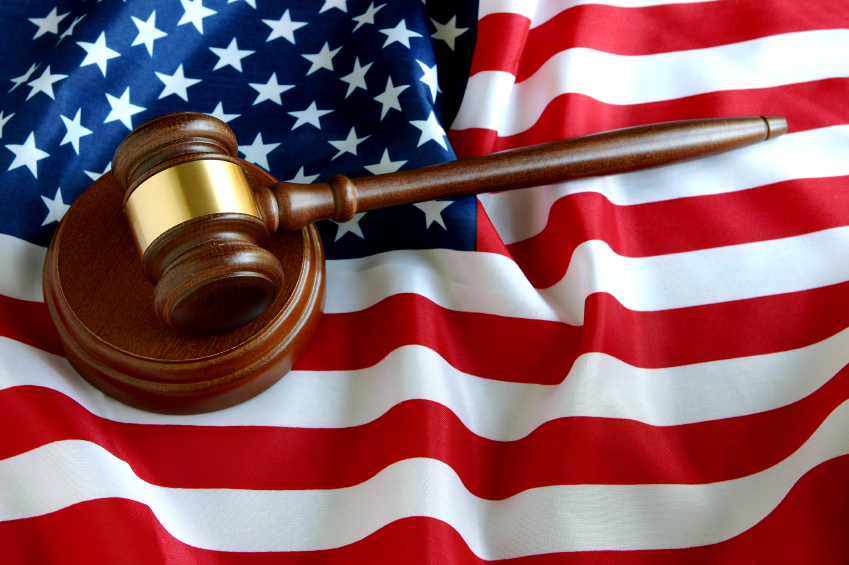On Wednesday, the United States Chamber of Representatives approved a “controversial” draft bill by 245 votes to 182, supporting the discrimination ban for conscientious objectors faced with abortion. These measures confirm that “those who provide health care and medical treatment must continue to do so without being forced to cooperate with abortion”.
Currently, health care providers can file a complaint with the United States Department of Health and Social Services if they are forced to carry out an abortion. The new draft bill allows individuals to initiate civil proceedings, bypassing the department in the first instance.
Democrats and the White House oppose the draft bill, claiming that the human conscience is already protected to sufficient extent in this respect. The Republicans, however, have retaliated, commenting that these measures had to be taken into account in the light of Obamacare, which obliges every institution to cover abortion in insurance schemes available to employees. The draft bill also responds to a recent Californian mandate stipulating that all State insurance should cover abortion. “I believe we can all agree that, in this country, no-one should be forced to practice abortion”, announced Chamber President, Paul Ryan, a republican from Wisconsin.
Cardinal Timothy Dolan and Monsignor William Lori, as Presidents of the American Conference of Catholic Bishops and the ad hoc Committee for Religious Freedom welcomed this vote by the Chamber of Representatives. “Even those who do not agree with the life issue should be able to respect the conscience rights of those who wish not to be involved in supporting abortion”, they announced. “The vast majority of medical personnel and 85% of gynaecologists specifically, do not want to be involved in abortion. Whether their reasons are religious or non-religious, their conscientious objection to abortion is worthy of the highest respect and greatest protection”. They are urging Congress to move this “vital legislation” forward.
However, as the White House is threatening a veto, the bill is unlikely to become law.
Washington examiner, Paige Winfield Cunningham (13/07/2016); Zenit (14/07/2016); UPI, Amy R. Connolly (14/07/2016)

